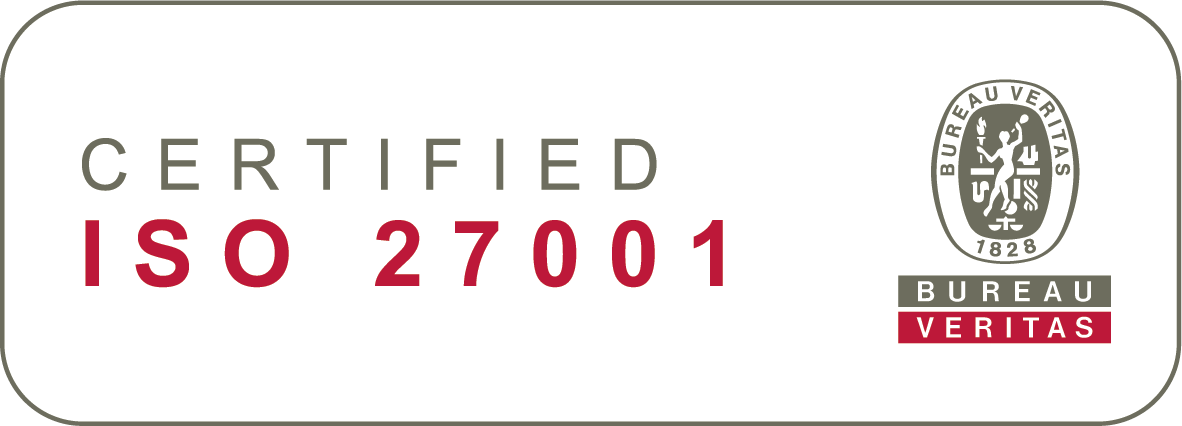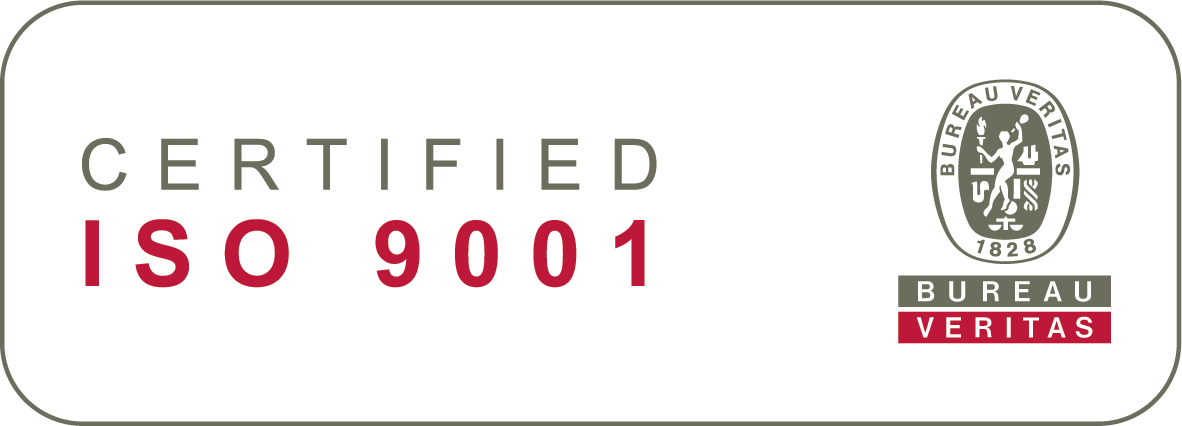If you make your way to the physical (or online) break room at your place of work today, you may well find it populated by people who were born before people landed on the moon – or after Facebook was launched. As you’d imagine, with such varied life experiences, education, and cultural exposure, the expectations and challenges faced by different workplace generations vary wildly.
On the face of it, this makes the management of multiple generations of people in the workplace a real headache. Yet a LiveCareer study found that 89% of respondents considered generation diversity a positive element of work, and 87% viewed the opportunity to learn from each other as a good thing for their experience. Here’s why:
Students can become mentors – and visa versa
A healthy mixture of students, peers, and mentors is a key driver of success in every environment, from boardrooms to lecture halls, dojos to dance troupes, platoons to production lines. This is because:
- People can test their limits when they have peers of similar abilities to spar with
- People can benefit from the experiences of mentors who are further down the path
- People can master their knowledge domains when forced to teach them to others
The same person may be a student, a peer, and a mentor to others as they mature and evolve. Their perspective changes over time as they accumulate experiences, and their function as a source of wisdom becomes more apparent with seniority.
However, even the most successful of senior leaders may fall into established patterns of thinking, and this becomes a real danger when the pace of change accelerates. In this instance, intergenerational conversations with younger early adopters of new ideas and technologies are critical, as your workplace needs to quickly understand and master the change it is facing.
Hybrid work makes sense for multigenerational workforces
Remember when we all thought remote work meant never going to the office again? Let's say thank you to those companies that recognised it wouldn’t work. Connectivity means we no longer have to suborn the needs and preferences of the workforce for the production-line requirements of the businesses. This is why hybrid work doesn’t just exist, it’s a key component of companies that are thriving right now.
As an example, your colleagues may be:
- A recently-graduated student sharing an apartment with several roommates that appreciates the chance to work in peace at a nearby cafe
- A professional couple with a home office that makes it easy to work in peace
- A husband and parent that may need to drop kids to various activities but appreciates office time for deep work
- A person with adult kids that likes to speak with colleagues face to face in their own office
- A manager with team mates in several countries that wants to cut down on air travel
All of these needs are legitimate and worth addressing. This is why organisational culture and communication cannot be universally applied, unless you establish rules that will make everyone feel at ease and employ tools that democratise the ability to work where, when, and how people feel suits them best.
Building bridges founded on common ground
These days, the impact of your work, and the values you employ on an individual and organisational level to make things happen, are considered the most important factors for making positive change in business. This makes employees who are capable of inspiring change, both within the organisation and within themselves, truly indispensable.
Regardless of the generational gap between employees, companies that get their mission right and focus on a common direction can reduce perceptions of “us” vs. “them” and reinforce unity. This will lead to more buy-in around the concept of mutual enrichment – leveraging multiple perspectives to enhance learning and improve outcomes.
Finally...
Everyone has a story to tell, an idea to share, a solution to workshop. It’s only by learning how others would tackle a challenge that we can find new ways to think about the problem. So, regardless of age or experience, let’s get talking.

Company Culture Cheat Sheet
A strong company culture has the potential to help companies thrive. Find out what you can do to create and maintain a culture that benefits everybody.


